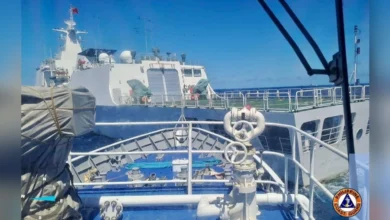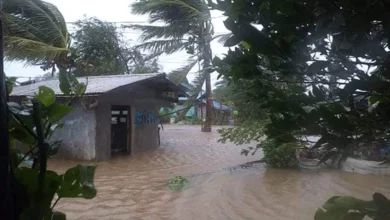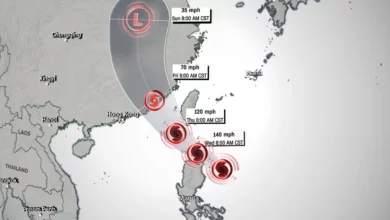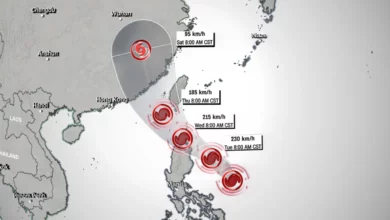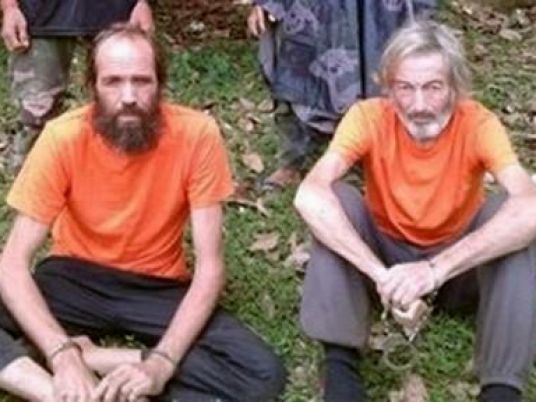
A senior Philippine army general on Wednesday resumed a push for martial law to be imposed on a troubled southern island where Islamist militants beheaded a Canadian captive, despite a recent decision by President Benigno Aquino not to adopt such curbs.
On Monday, militants of Abu Sayyaf, a small but brutal group linked to al Qaeda, executed Robert Hall on the remote island of Jolo, the second Canadian captive to be killed following John Ridsdel, after their ransom demand went unheeded.
"Declare martial law, that is a right move," said a senior Philippine army general, who declined to be identified as he was not authorized to speak to the media.
"If you want to immediately solve the problem, there should be a total control by the military in the area."
Emergency powers were needed because the Abu Sayyaf was using its ransom proceeds to buy the loyalties of the surrounding community, he added.
Aquino said he considered declaring martial law on Jolo three weeks ago but decided against it because there was no guarantee it would work.
"You would need a large force to implement martial law and there is no guarantee it will produce positive results," he told reporters on a visit to Jolo to inspect troops pursuing Abu Sayyaf militants.
"It might generate more sympathy for the Abu Sayyaf."
Aquino said he spoke with the prime ministers of Canada and Norway by telephone, thanking them for their understanding and support of his government's no-ransom policy.
He said he apologized to Prime Minister Justin Trudeau for the death of Robert Hall and John Ridsdel, who was executed in April.
Trudeau has condemned Hall's execution, but said Canada cannot, and will not, pay ransom in such cases because it could encourage additional kidnappings.
Abu Sayyaf had initially demanded one billion pesos ($21.7 million) for each of the detainees, but cut that to 300 million early this year.
Hall's family backed the Canadian government's policy.
"Our family, even in our darkest hour, agrees wholeheartedly with Canada's policy of not paying ransom," it said in a statement.
Abu Sayyaf, based in the south of the mainly Roman Catholic Philippines, is known for kidnapping, beheadings and extortion.
Security is precarious in the southern Philippines despite a 2014 peace pact between the government and the largest Muslim rebel group that ended 45 years of conflict.
In 2009, the Philippines imposed martial law on the southern Muslim-dominated province of Maguindanao after 58 people were murdered in political violence there.

